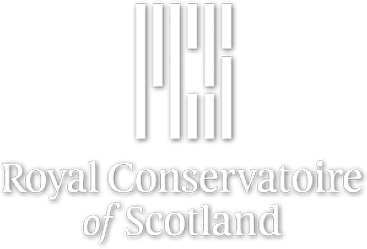On the Fringe/At the Fringe: Fleshing out Research
Research output: Contributions to journals › Article › peer-review
Contributors
About
Be ‘open to becoming affected by encounters, rather than simply reporting them’ is the invitation from Fotaki et al, and it is this message that we have taken to heart in our ‘fringe’ production. Inspired by friendship, ideas, and an interest in fleshing out research, we offer our work as an illustration of embodied research as a process in action, in terms of both form and content. We share the story behind our research-in-the-making as it emerged over two days, during Edinburgh’s Fringe festival. At night we went to performances at the Fringe, where life and research experiences were serendipitously reflected back at us in terms of content - topic and genre, as well as form – and enabled us to appreciate the provisional and unpredictable relations between performer and audience. By day, in our research practices, we allowed ourselves to use eclectic, improvisational and experimental modes of expression, that are only just on the fringe of acceptability, even within the most enlightened circles of organisational studies.
Using arts-based methods we present our work through a variety of media – a film, play, poem, and a live fringe performance - that serve also as a medium for experimentation. We show how a range of possibilities may arise from touching and moving encounters during fieldwork. We open our work with the first touching encounter, involving Nina and her research with vets, and end with Burge’s encounters with Duglas T Stewart. Such affective experiences have the potential to spark off a series of unknowable, unpredictable and unending embodied connections, coincidences and relationships. Touching research encounters must be embraced, nurtured and have time to distil, rather than being shrugged off. Incorporating these into our writing is affirmative, for it not only provides recognition of our own, and others’, bodily experiences but illustrates the potentially powerful, recursive and transformative effects of researching, writing and reading. Such writing, however, requires us to relinquish control from the straitjacket of our academic conventions, and the courage to harness any discomfort that may arise from relational, embodied and creative practices of ‘production’.
Using arts-based methods we present our work through a variety of media – a film, play, poem, and a live fringe performance - that serve also as a medium for experimentation. We show how a range of possibilities may arise from touching and moving encounters during fieldwork. We open our work with the first touching encounter, involving Nina and her research with vets, and end with Burge’s encounters with Duglas T Stewart. Such affective experiences have the potential to spark off a series of unknowable, unpredictable and unending embodied connections, coincidences and relationships. Touching research encounters must be embraced, nurtured and have time to distil, rather than being shrugged off. Incorporating these into our writing is affirmative, for it not only provides recognition of our own, and others’, bodily experiences but illustrates the potentially powerful, recursive and transformative effects of researching, writing and reading. Such writing, however, requires us to relinquish control from the straitjacket of our academic conventions, and the courage to harness any discomfort that may arise from relational, embodied and creative practices of ‘production’.
Details
| Original language | English |
|---|---|
| Pages (from-to) | 25-52 |
| Journal | Dialogues in Critical Management Studies |
| Volume | 4 |
| DOIs | |
| Publication status | Published or Performed - 24 Apr 2020 |
Author keywords
Keywords
- Writing differently, Edinburgh Fringe, Friendship, Creativity
